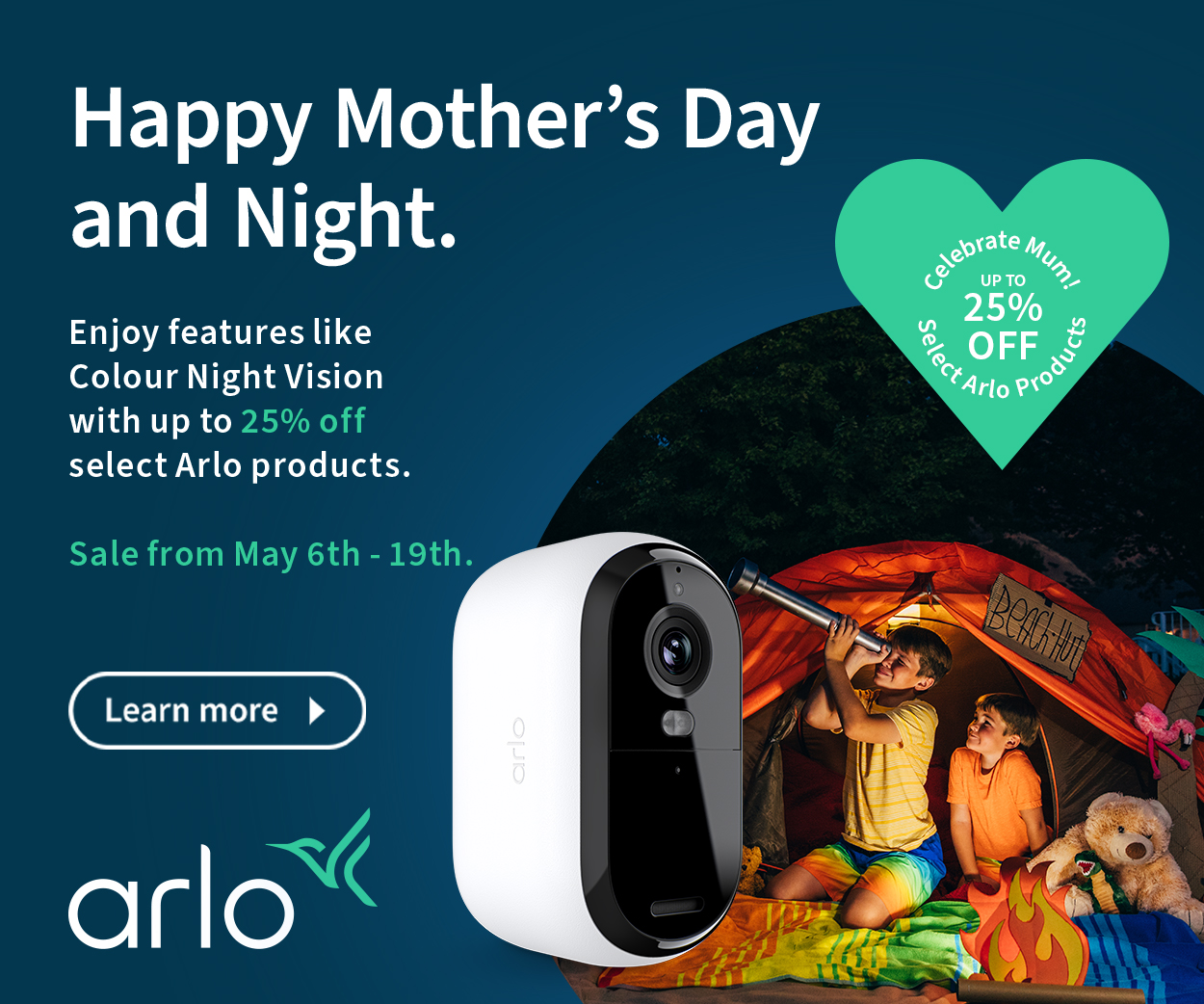Can you trust Facebook? No, non, nine, nee, nay, nej, não, όχι, nyet, ei, いいえ, không (Trust Series)

Can you trust Facebook? We are sorely tempted to say no and save you time reading on.
But in the spirit of fair journalism, we will apply the same methodology as our first Trust Series – Can you trust Google? Yes, but it depends on your definition and Can you trust Apple? It would have you believe so.
It relies on extensive desk research, starting with the search, “Can you trust Facebook?” We give more credence to results from the past year, although Mark Zuckerberg and many of his cronies have been there since 2004, and leopards don’t easily change spots.
What is Facebook? According to Wikipedia.
Originally called Facemash, it was created in 2004 by five Harvard students to rate female students as ‘hot or not’. Zuckerberg faced expulsion and was charged with breaching security, violating copyrights, and violating individual privacy. He survived and launched ‘The Facebook’, ostensibly for Harvard students, but it spread like wildfire through other colleges and universities.
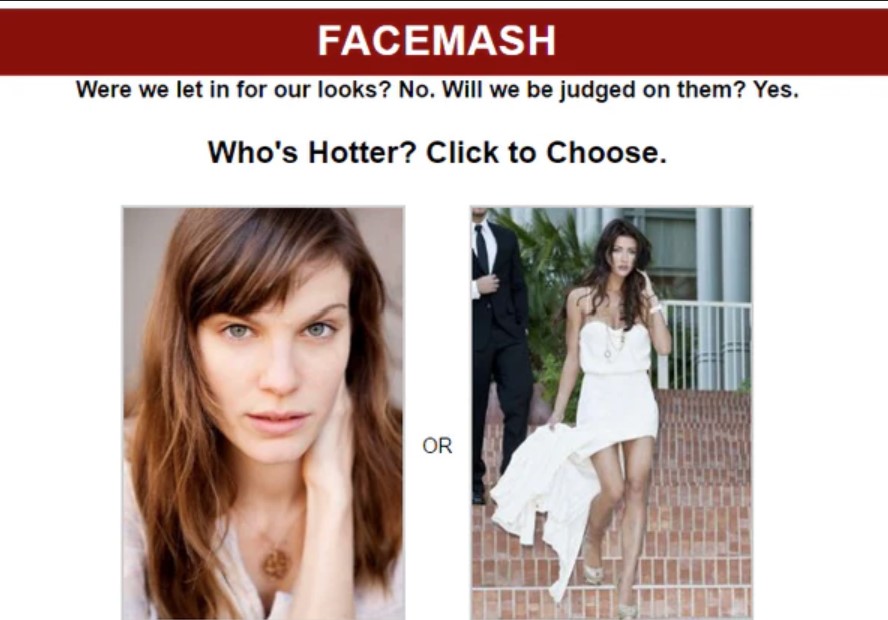
From 2006, it was open to anyone over 13 years of age and, as of Q4 2023, had over 3 billion Monthly Active Users (MAUs). Facebook has been accused of inflating these figures and is now using ‘Family’ metrics (as of July 2022) that measure Monthly (2.96 billion) and Daily (3.73 billion) Active People (MAP and DAP) across its family of platforms—Facebook, Messenger, Instagram, and WhatsApp, to name a few.
The top 20 Countries using the platform include:
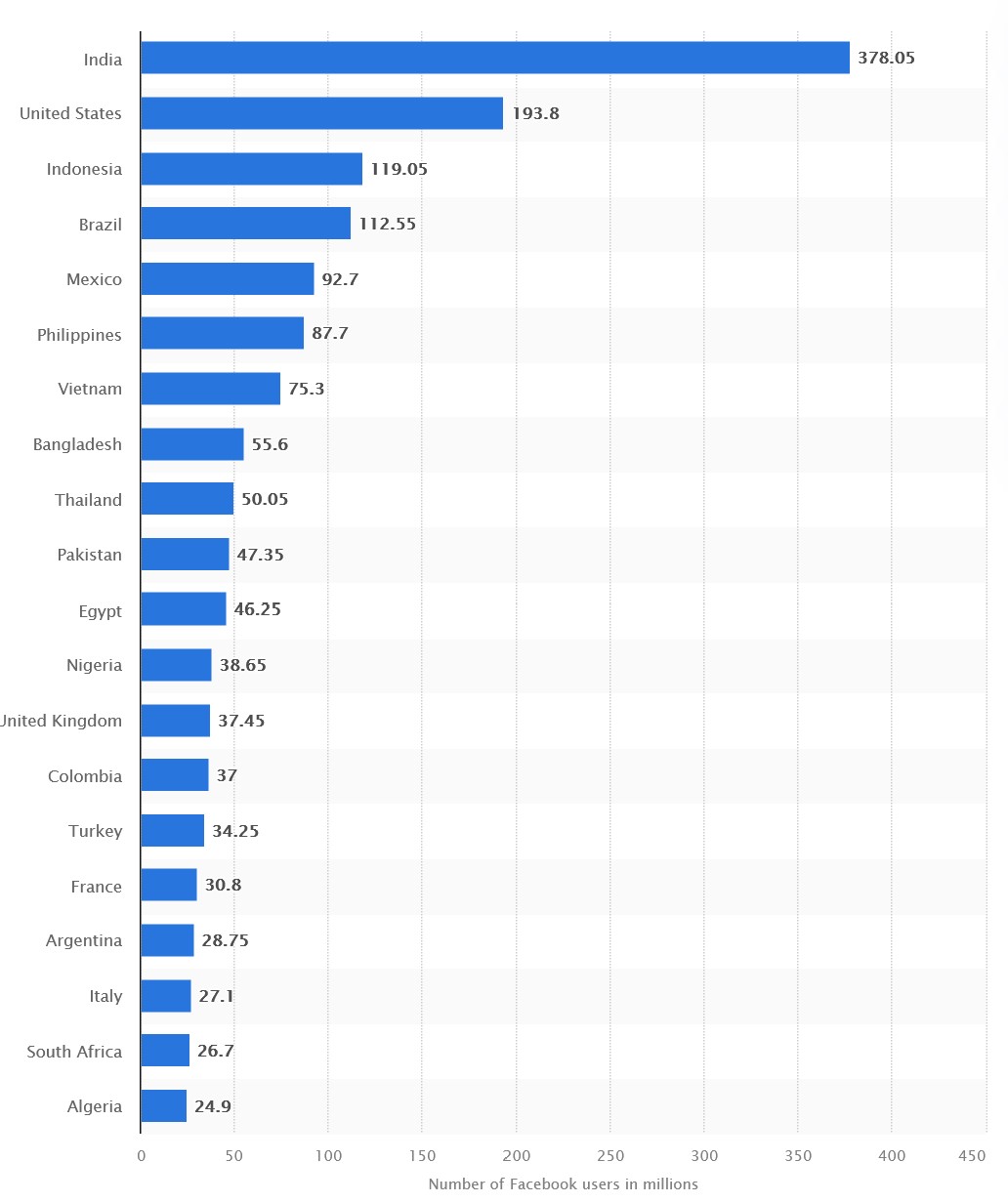
Australian social media use includes
Social Media Statistics Australia – March 2024 (* Meta owned)
- Facebook* – 19,000,000 Monthly Active Australian Users (steady)
- YouTube – 18,000,000 Unique Australian Visitors per month (UAVs)
- WhatsApp* – 12,000,000 Active Australian Users
- Instagram* – 10,000,000 Monthly Active Australian Users (FB/ Instagram data)
- LinkedIn – 6,500,000 Monthly Active Australian Users approx.
- Snapchat – 6,400,000 Monthly Active Australian Users (Snapchat data)
- X, formerly Twitter – 6,000,000 Monthly Active Australian Users approx.
- WordPress.com – 5,100,000
- TikTok – 4,200,000
- Tinder – 4,000,000 Australian users approx.
- Tumblr – 2,700,000
- WeChat – 2,900,000 Monthly Active Australian Users estimate
- TripAdvisor – 2,800,000
- Yelp – 1,500,000
- Blogspot- 1,200,000
- Hinge – 1,000,000
- Flickr – 450,000
- Pinterest – 290,000
- Reddit – 110,000
- MySpace – 70,000
- RenRen – 70,000 Monthly Active Australian Users estimate
- StumbleUpon – 39,000
- Weibo – 35,000 Monthly Active Australian Users estimate
- Digg – 10,000
- Foursquare/Swarm – 9,000
- Periscope – 9,000
- Delicious – 7,000
Facebook Gender and age groups include

98.5% use a smart phone to access Facebook (81.8% exclusively).
But what is Facebook – really?
Almost every description of Facebook says It is a free social media and social networking platform that enables users to share information and photos and keep in touch with family and friends. American technology conglomerate Meta owns it:
- Family of Apps: Meta Platforms owns several social media platforms that generate revenue from advertising and other sources. Includes Facebook Messenger, WhatsApp, Instagram, Reels, and Threads.
- Reality Labs: The company also has a business and research unit that produces hardware and software for virtual reality (VR) and augmented reality (AR). This segment also focuses on artificial intelligence (AI) and the metaverse. Includes Oculus VR.
There is no mention of its business plan, revenue streams, expansion plans (metaverse), or anything else.
If we add the word ‘Really’ to the What is Facebook search, we start to see
Facebook is no longer a social media website. Instead, it’s a vast, branded utility. It’s like another World Wide Web, but with a profit motive built on a corporate, not a cooperative, model. As a communications technology, it has radically changed the ways we connect with one another.
What personal data does Facebook have?
Facebook has a profile on every user and, in fact, on virtually everyone who has ever visited the website, used its ‘family’ services, or happens to be in a user’s contacts list. Rumour has it around 2GB per user containing thousands of data points. What you see and can limit is a fraction of what it has.
In the secret or shadow profiles are the ‘rivers of gold’ that allow it to monetise your data. This includes things like what you have ‘liked’, time you spend and user behaviour on other websites, political/social/gender leanings, any social media posts you have made, location data (tracking your entire life), and pretty well anything else it can Hoover up about you.
Non-users need to be aware, too. A shadow profile is automatically created if they visit Facebook or have been listed in a Facebook user’s contacts. Facebook automatically starts populating the shadow profile from its deep links to other websites and data brokers. Once it has an email address, IMEI (smart phone identifier), or IP address, it can deduce your location and more. Why does it do this? Data is gold and can be used to target advertising to you via other sites.
How does Facebook monetise your data?
IN 2023, Meta’s gross revenue was US$135 billion. $132 billion comes from advertising.
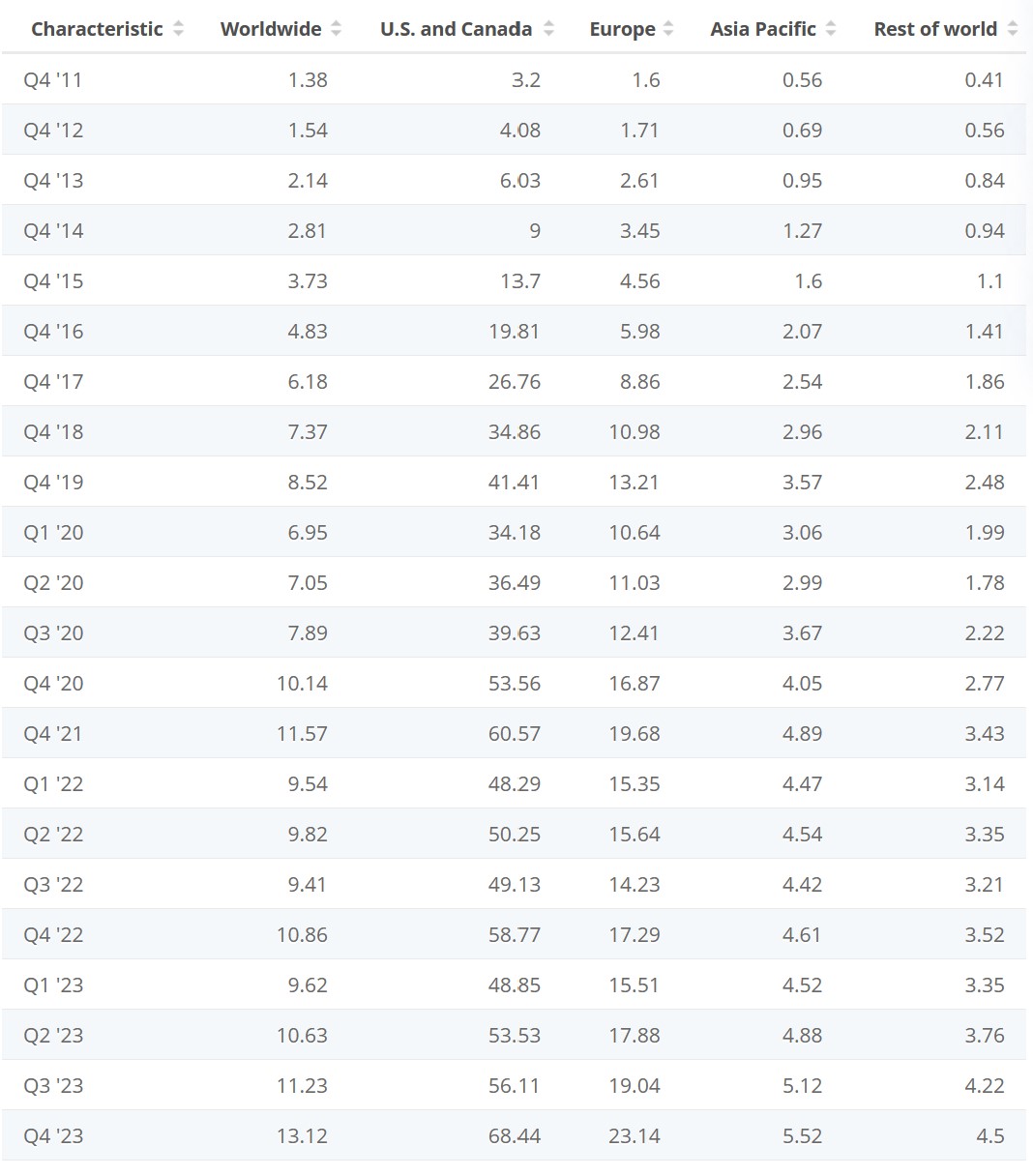
How would you feel if Facebook said that you would provide content and your data for free so it could monetise it? Shouldn’t Facebook be paying you?
Criticism of Facebook
We wish this could be a more positive statement. The only entities that benefit from your participation are Facebook and its shareholders, the vested interests trying to sway your opinion, and the companies trying to sell you something.
We are not responsible!
The most significant criticism is that Facebook considers itself a ‘platform’ for user-posted content. As a platform, it is not liable for the content, be it inflammatory in any way. Zuckerberg’s biggest nightmare is being reclassified as a ‘publisher’ which by definition is responsible for every piece of content. It is the same argument we hear from TikTok (another untrustworthy platform), X (Twitter), et al.
Read all about it – not!
Facebook has spent billions creating its news feed. More than 68% of Americans use social media for daily news (Facebook 30%, YouTube 26%, Instagram 16% and TikTok 14%). The problem is that Facebook AI et al. curates what you see, and you end up in a ‘digital prison’, never seeing the outside world’s healthy and opposing views. It will no longer pay Australian (and now many other countries) news media for feeds, making this source totally unreliable.
Fake News and Disinformation abound

This generally comes from influencers paid by China, Russia, North Korea, or Middle Eastern countries (Read Can you trust anything in a digital world? No!). These continually present a biased view that can affect opinions and undermine governments or corporations. Estimates vary, but up to 40% of news is fake. More disturbing are deep fake videos and images that ‘tell a thousand words’.
According to X (Twitter), more than 50 million posts were made within two days of the October 7 conflict. It removed ‘tens of thousands of posts’ for showing graphic images and hate speech. It said that many were newly created accounts affiliated with Hamas. Fact-checking has shown that much of the imagery used generative AI, was recycled, or used Arma 3 (a hyper-realistic video game). X has updated its policies that define what it considers ‘newsworthy’ to little effect.
Al Jazeera has a memorable quote.
The flood of grifters spreading lies and hate about the Israel-Gaza crisis in recent days, combined with algorithms that aggressively promote extreme and disturbing content, is exactly why social media has become such a bad place to access reliable information. Tech companies have proven themselves uninterested, if not utterly complicit, in the spread of dangerous propaganda.”
Imran Ahmed, CEO of the Centre for Countering Digital Hate.
It has an extensive library of Facebook hate articles – scary stuff.
Scams, scams, scams
There is a very high likelihood (which means we don’t have accurate statistics) that a high proportion of click-through links in posts and advertisements on the Facebook Marketplace are scams. This means offering goods at ridiculous prices (credit card scams), counterfeit and fake goods, romance, investment, jobs, loans, inheritance, lottery ‘You have won’, relative emergencies (please send money), online account issues and more are scams.
Never give personal information like address, phone, email, or agree to meet at your home; never pay by gift card. Read Facebook Marketplace scams – little to no protection.
Privacy policy
Facebook has a 4,173-word Privacy Policy (at the end of this report). It uses clever wordsmithing and gives it and its business associates access to any data you share, voluntarily or otherwise. That includes content others share or reshare (your contacts), any websites where you sign in with Facebook (Please—never do that), and zillions of tracking cookies, user activity data, and analytics on as many websites as possible.
There is a quite scary, simple English list of data collected here (it is too long to list here).
Facebook claims it does not directly sell user data, but it tacitly acknowledges sharing undefined information with partners who may interact with data brokers.
Can you trust Facebook? Proof – there is too much to list.
Facebook whistle-blower Frances Haugen testified before the US Senate on the harm Facebook causes. She cited internal documents she secretly copied before leaving the company.
Algorithms push users toward political extremes. So, someone who is centre-left will be pushed to the radical left, and someone who is centre-right will be pushed to the radical right.”
The Washington Post reported Zuckerberg personally approved a plan at the request of the ruling Communist Party to censor government critics in Vietnam – one of Facebook’s most lucrative profit centres in Asia. This is not the first time Facebook has agreed to censor posts to make a profit.
Facebook trust is at an all-time low. It is the least trusted brand in the Western world, with barely 10% of Boomers now trusting it with their data and privacy.
Advertisers are growing wary due to the possibility of inflated MAU figures and ever-increasing confidence that a huge proportion of web bots are being counted as users. There is also concern that AI is generating more clicks to empty the marketing coffers faster. Customers say it devours daily ad budgets within hours and delivers few to no revenues in return. Some small businesses say the system has wiped out their entire ad budgets.
If you must use Facebook
- Stop oversharing. Anything you put on Facebook can and will be used. That includes facial recognition, location metadata, sentiment analysis, birthdays and events, holidays and, more recently, a higher level of criminal activity on Facebook Marketplace
- Adjust privacy settings: Ensure your settings restrict data visibility and access.
- Limit ad tracking: Opt out of ad personalisation to reduce targeted ads. This also lessens Facebook’s ability to track your activities.
- Manage data permissions: Review which apps and services can access your Facebook data regularly.
- Understand app data management: Be aware of the effects of clearing data in the Facebook app. While this resets the app’s state and may temporarily affect data storage, it does not delete your account.
- Never use Facebook to log into other websites – always use a junk email account.
- Delete specific data: Follow instructions on removing certain data from Facebook without deactivating your account, helping you maintain your privacy without cutting off your social ties.
You can learn more about limiting Facebook data collection here: How To Stop Facebook From Tracking You.
CyberShack’s view – Can you trust Facebook – absolutely not by any measure.
The Japanese say that a fish rots from the head down. Zuckerberg is a big fish.

Democrat Dick Durbin, chair of the recent US Senate Judiciary Committee, expressed the criticism in a nutshell.
Facebook’s design choices, failures to adequately invest in trust and safety, and the constant pursuit of engagement and profit over basic safety have all put our kids and grandkids at risk”.
Republican Senator Lindsey Graham shouted at Zuckerberg.
You have a product that’s killing people.”
The dangers of social media, which Zuckerberg primarily caused, are now tearing the very fabric of society apart. Shakespeare said, “Something is rotten in the state of Denmark”, when those in power knew of the issues but did nothing to fix them.
Now, add AI to the mix, and Facebook has a whole new way to addict users, and you know what—it won’t hesitate to! Facebook will not allow independent experts to look at its algorithms – ever.
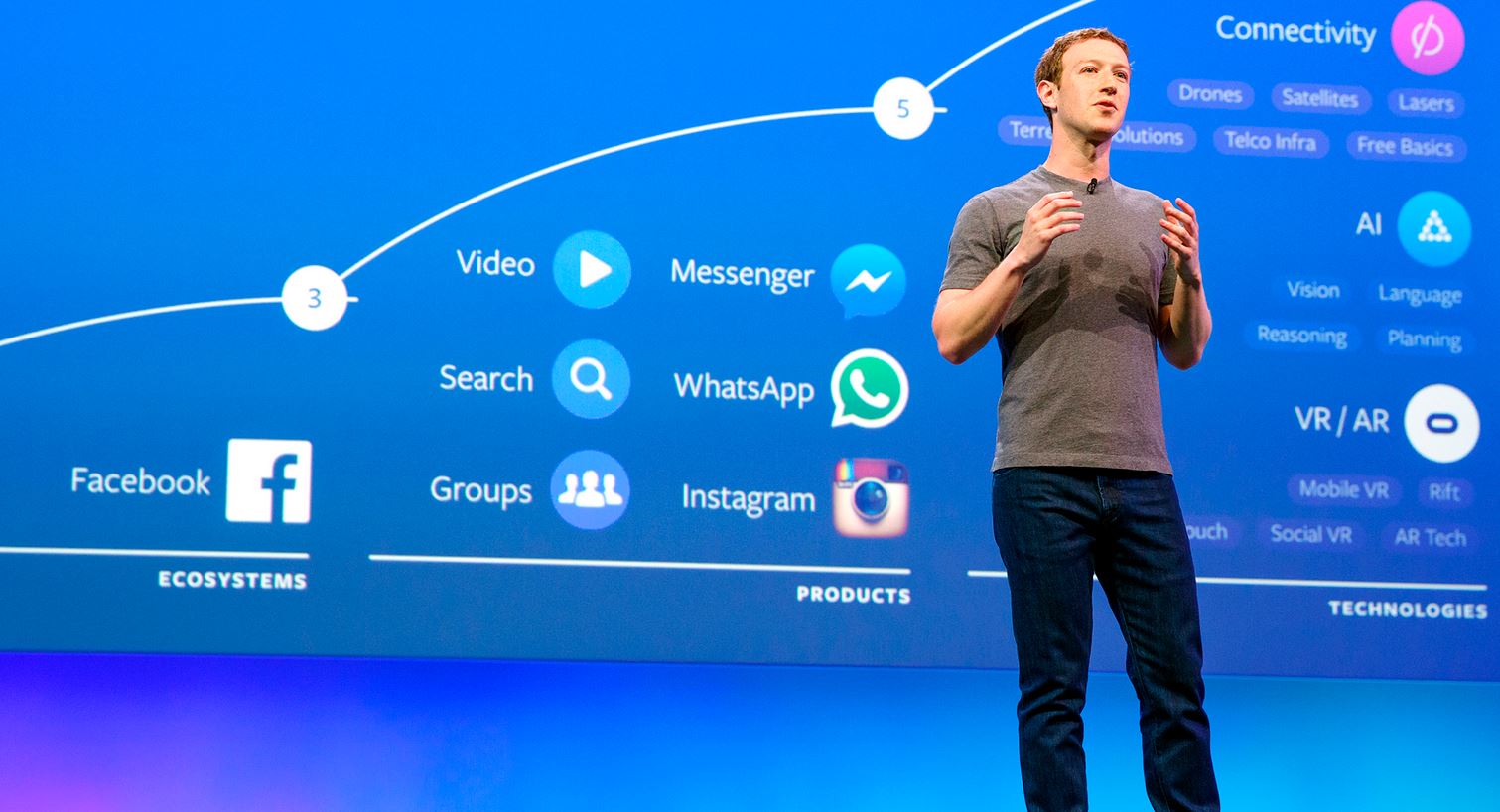
#Delete Facebook
I have never had a Facebook account, and I firmly believe social media is the primary root of all evil today. From the very first time I looked at it, I could see where it was heading and what it would do with my data.
On the other hand, my wife had a Facebook account and, like all users, was drawn into it. She sometimes spent hours a day swiping up, down, left, and right—usually funny animal pictures. She gradually weaned off it and permanently deleted her Facebook (Delete Facebook details here). No ill effects except regaining more time and a more balanced view of the world.
My son has an account. Within minutes of announcing their first child, advertisements changed from Gen X alcohol and travel experiences to baby items, baby care, and home mortgage brokers. Worse still, their friends (all in contacts) noticed an immediate change to baby-related purchases for the baby shower, etc. That kid is now going to school, and Facebook has not stopped with the relentless young parent content.
My daughter is an ‘over-sharer‘ and cleverly set up her Facebook account with a pseudonym and junk email address that cannot come back to her.
Facebook Privacy Policy
Can you trust Facebook, Can you Trust Facebook, Can you trust Facebook

